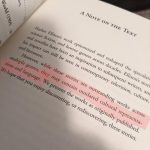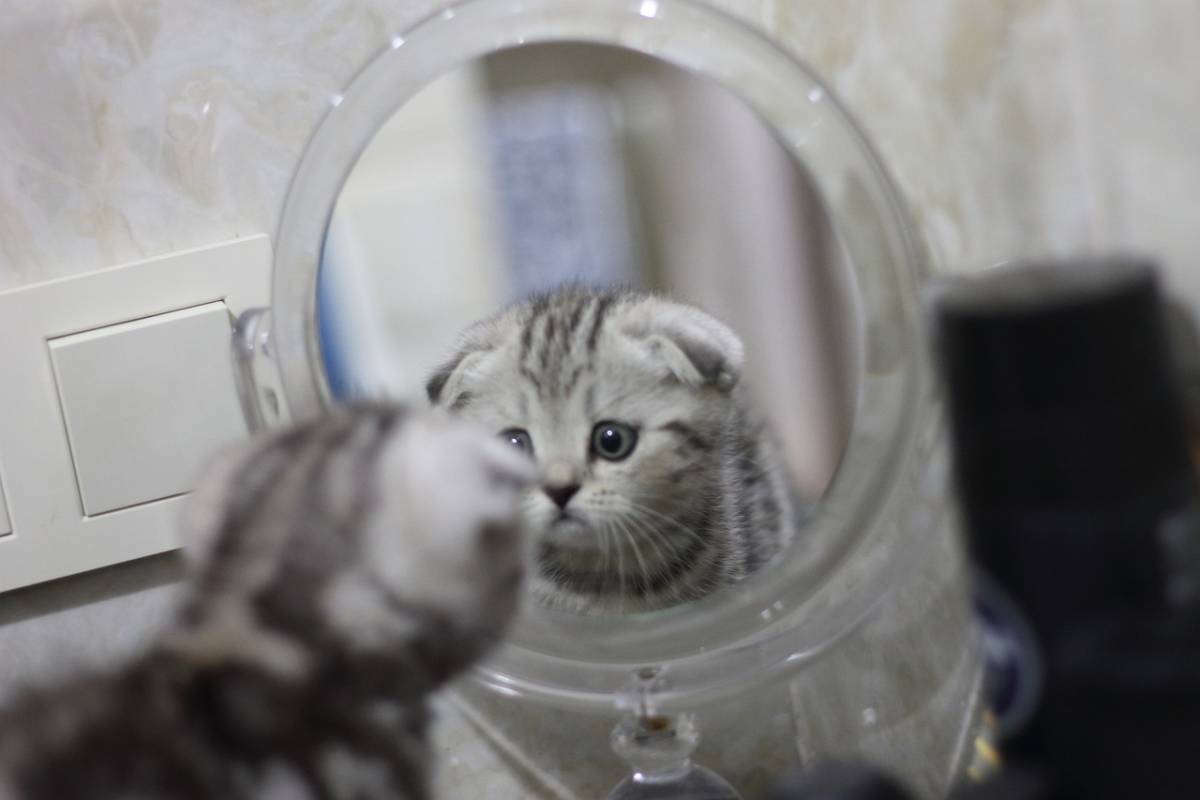"But this author/publisher/actor/director/developer/creative did a BAD THING!"
Insert the entity or person of your choice. Zuckerberg, Musk, the developers a bit of software, Hasbro, JKR, the list goes on.
It’s bloody exhausting to follow and deeply disappointing. Especially now that there’s so much more information available, you’re aware of so much more bad activity by so many more people.
Plus those who would blame you for enjoying or using something those folks created.
Is it difficult to watch "Buffy The Vampire Slayer" now that I know how Whedon treated the cast and crew? Yes. Do I remember Adam Baldwin’s homophobic tweets, and now can’t listen to "The Hero of Canton" without wincing? Yup. Am I giving another cent to outspoken transphobe Rowling? Hell to the no.
And that’s just a few examples that hit me and my fandoms personally. The last few years have given us a plethora of (often otherwise talented) individuals spouting some really horrible points of view.
But am I going to lambast someone for enjoying the work they produced? No. I will encourage them to not financially support those individuals, and why I feel that way, yes. But that doesn’t mean the person enjoying that work is tainted by the bad actions of those individuals.
Our ability to vet individuals, companies, and organizations is inherently limited. You do your best, but unless you radically reduce the amount of the world you’re exposed to (including whatever device you’re using to read this post), if you accept that wrongdoing and guilt is transitive, you’re already headed for The Bad Place. All your clothes were made 100% ethically? All the people involved in your favorite fandom aren’t awful in some way? The chips in your phone or computer or TV? All fair-trade, locally grown food? (And are you sure about that?)
The further back you go, since our norms have changed (thankfully, and hopefully will continue to do so), the more prevalent the problematic behavior. See any fiction from most of the 20th century, really.
I’m still mad that I can’t read "A Rose For Ecclesiastes," an absolutely gloriously written short story by Roger Zelazny, any longer without being smacked in the face by the social norms in the story that now seem horribly sexist. It’s not that it’s offensive, per se. It just kicks me right out of the story because of it.
They weren’t seen as sexist in 1963 when the story was published (and went on to be a Hugo nominee); that was just… normal. The sexism in the story does not serve a purpose, it is not a character trait for the protagonist, it’s not part of the point, it’s not worldbuilding. It was just… normal at the time.
Which is why I found it so puzzling that an author acquaintance of mine {1} objected to this disclaimer in a volume of works by Harlan Ellison, saying they wouldn’t want such a disclaimer on their works:
 "However, while these stories are outstanding works across multiple genres, they may contain outdated cultural representations and language. We present the works as originally published."
"However, while these stories are outstanding works across multiple genres, they may contain outdated cultural representations and language. We present the works as originally published."
It’s puzzling to me because … well, I hope what I’ve written needs that disclaimer. {2}
I was born and raised in a sexist, racist, homophobic society. It still is, yes. But less so. Consider that the key catchphrase of The Honeymooners (less than a century ago) was literally threats of spousal abuse. Consider not just the frequency but the manner of representation for LGBTQIA+ folx, of non-white people, and women just over the last 25 years. {3}
While I do a lot of work trying to unearth that crap, cutting out the hateful shit that I absorbed earlier in life, I do not have the hubris to imagine that I’ve somehow reached a state of perfection. I learn, and grow, and hope that society will continue to do so as well. (Hell, I’ve learned and changed for the better about how I view trigger warnings, not least because I identified some of my own.)
I hope that if anyone is reading what I’ve written twenty, fifty, or more years from now, that they will understand that my writing will "contain outdated cultural representations and language".
Because that means our society will be better than it is now.
And that’s far more important.
{1} Not naming names, because they’re not really important here.
{2} I am not, however, a fan of altering prior works.
{3} I am a fan of increased representation not just for "moral" reasons, but also practical ones: More points of view and more perspectives means more and different stories.
Image by Marat Mukhambetaliev from Pixabay
